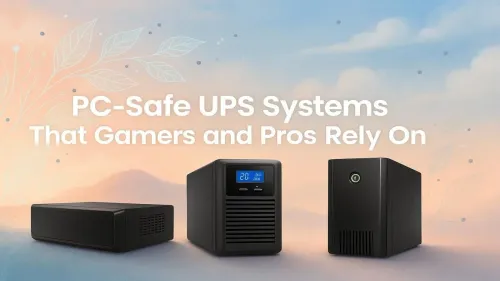
Top UPS Systems for PCs
Power up your productivity with our curated list of the best PC-safe UPS systems. Safeguard your rig today! ⚡🛠️
PSU protection features safeguard your PC against surges, overcurrent, and thermal faults — essential for safe PC building. Learn key protections, buying tips, and a quick checklist 🛡️⚡
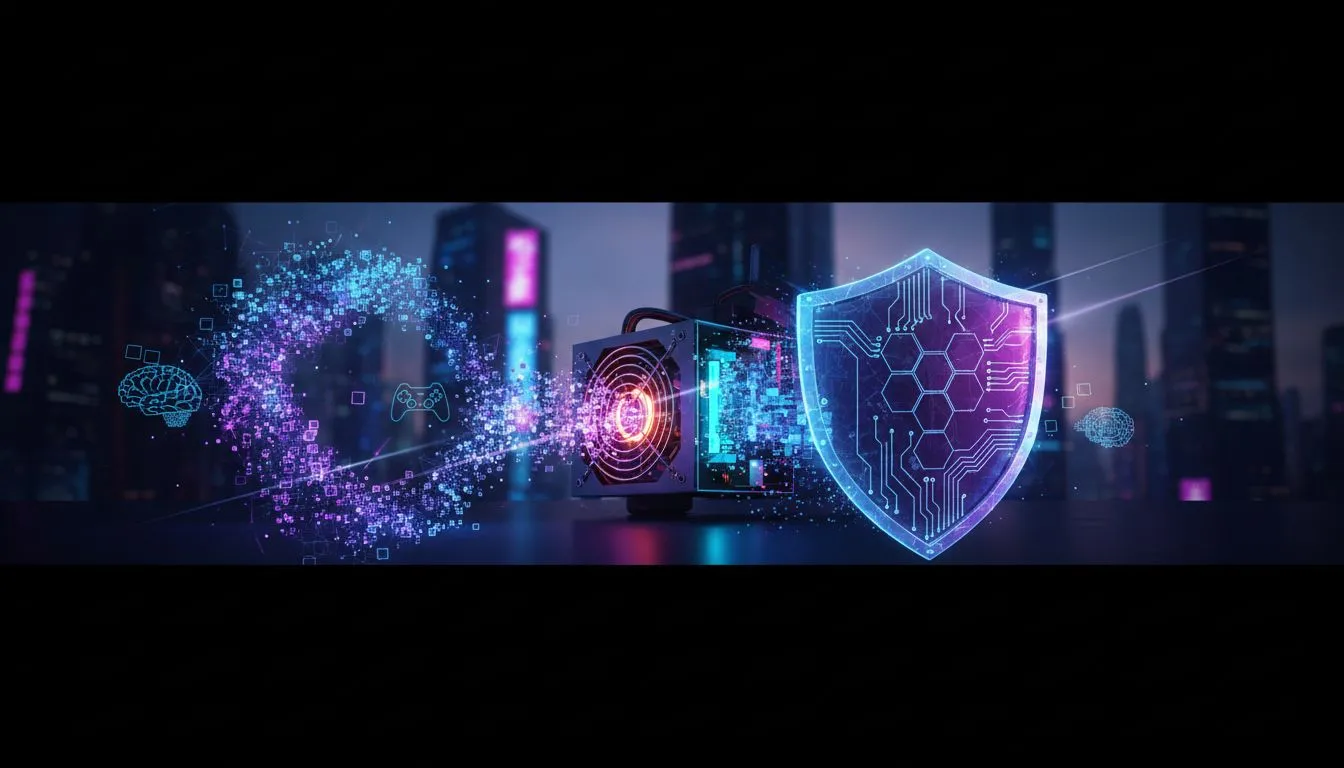
Eskom just hit you with Stage 6 again. The lights flicker, your PC dies... and you pray your R20,000 graphics card survived. Sound familiar? That heart-stopping moment is why understanding PSU protection features isn't just for hardcore techies; it's essential for every South African PC builder. Your Power Supply Unit is the unsung hero, and its built-in safeguards are the only thing standing between your prized components and a power surge disaster. ⚡
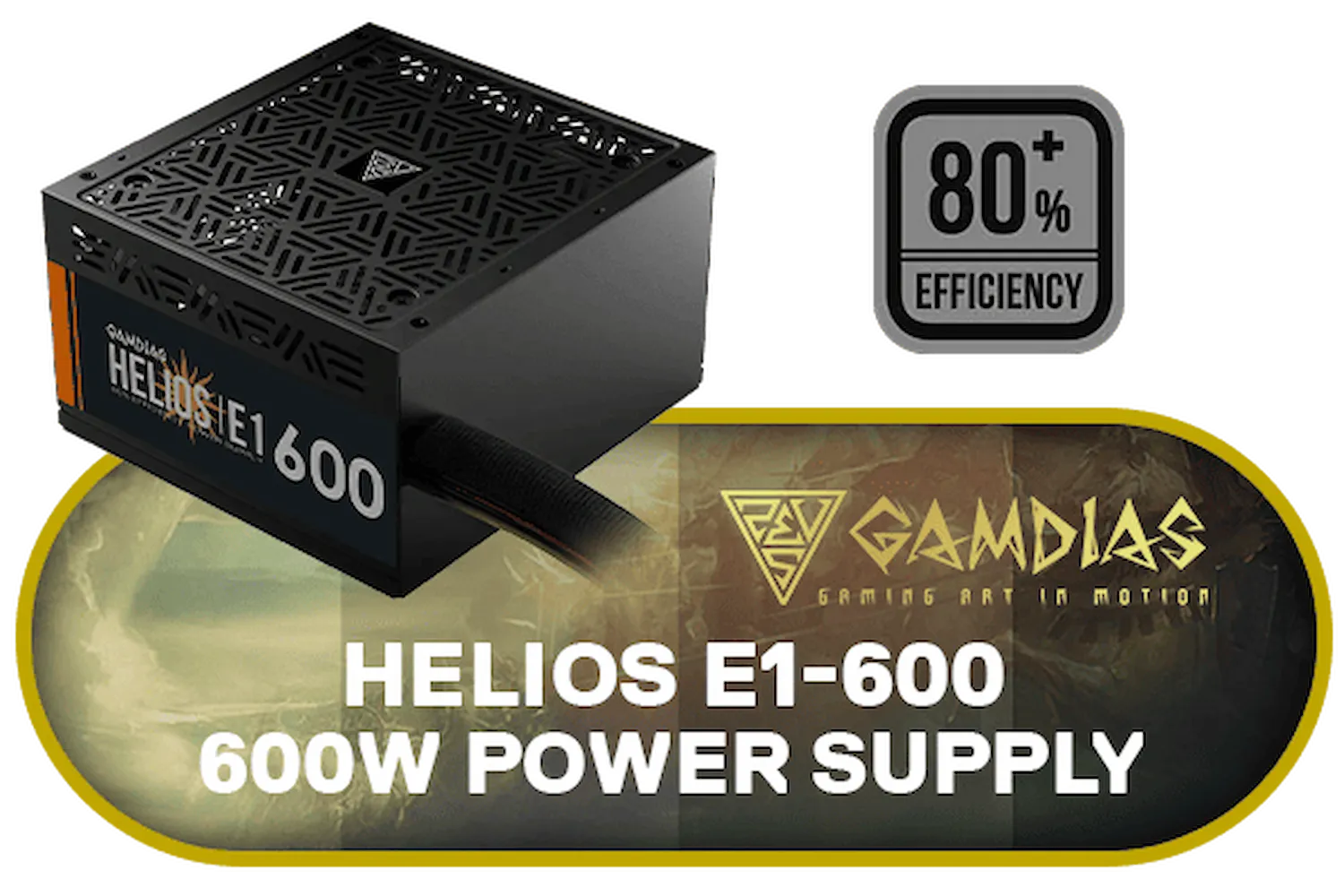
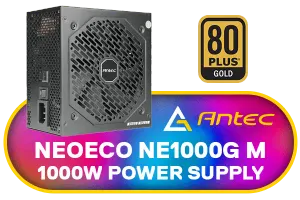

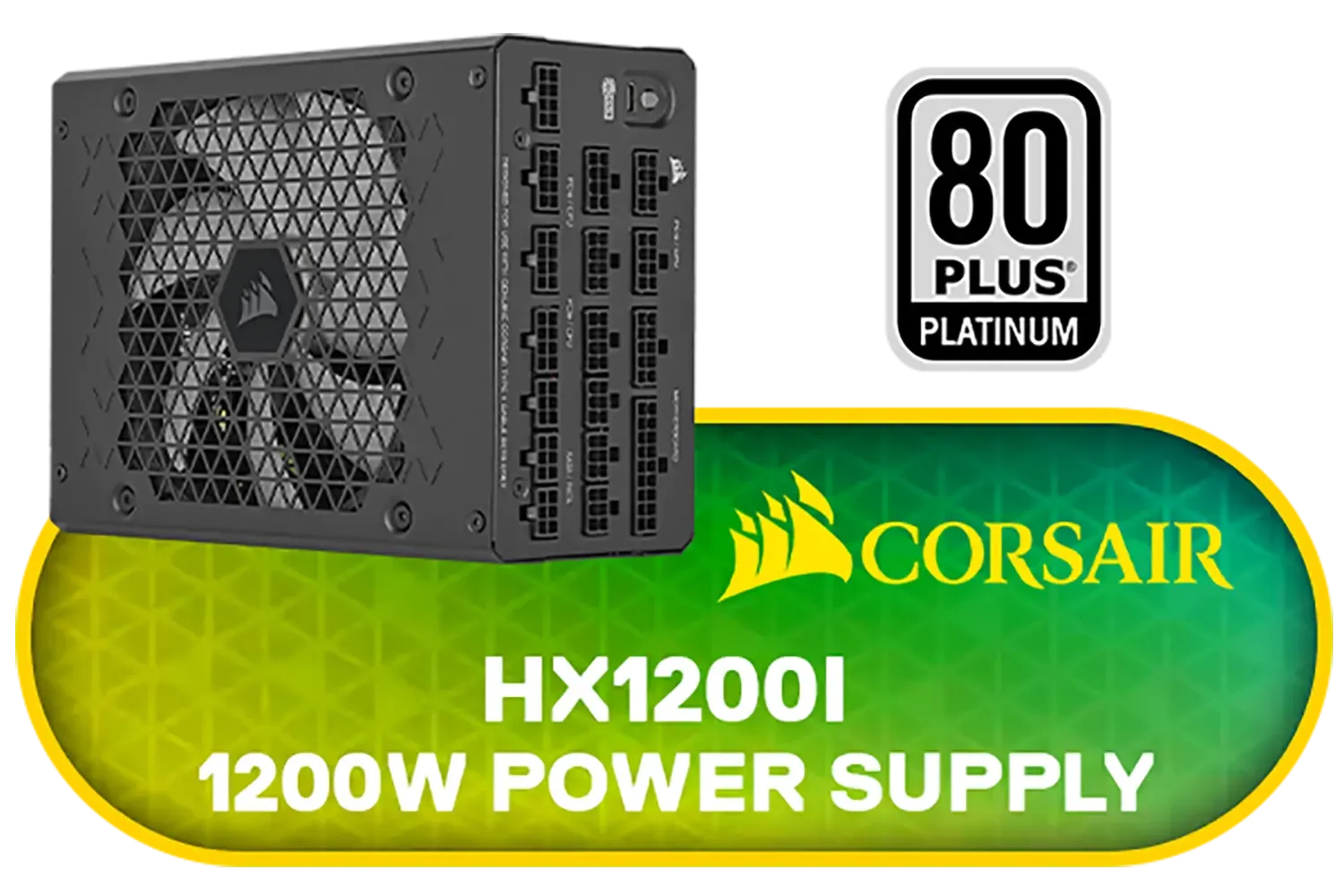
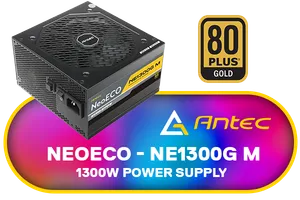
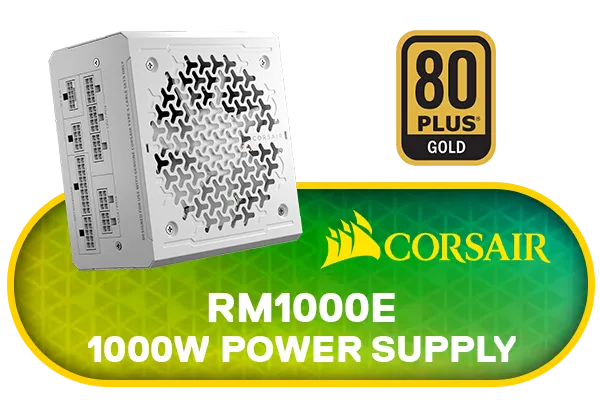
Think of your PSU as more than just a power cable. It's an intelligent gatekeeper, regulating the flow of electricity from your wall socket—a source that can be notoriously unstable in South Africa—to the delicate, high-performance parts inside your rig. Without the right PSU protection features, a sudden voltage spike or a short circuit could instantly fry your motherboard, GPU, or CPU.
Investing in a quality power supply isn't an expense; it's an insurance policy. It ensures that your components receive clean, stable power, prolonging their lifespan and giving you peace of mind during those unexpected power cuts.
When you look at a PSU's spec sheet, you’ll see a bunch of acronyms. They might look confusing, but they represent the critical power supply protection features that keep your rig safe. Let's break down the most important ones.
These two work as a team. OVP shuts the PSU down if the voltage coming from the wall or going to your components gets too high. UVP does the opposite, cutting power if the voltage drops too low (a "brownout"), which can also damage sensitive electronics. This is a non-negotiable safeguard for dealing with an unpredictable grid.
OCP monitors the current being drawn on each individual rail (the wires leading to your components). If a specific component, like your GPU, tries to draw way more amps than it should, OCP steps in. OPP is similar but looks at the total power draw of the entire system. If the total wattage exceeds the PSU's rated limit, it shuts down. These PSU protection features prevent components from overloading and causing permanent damage. A solid 80 Plus unit like the Deepcool PF750 is a great example of a PSU that properly implements these safeguards for a mid-range build.

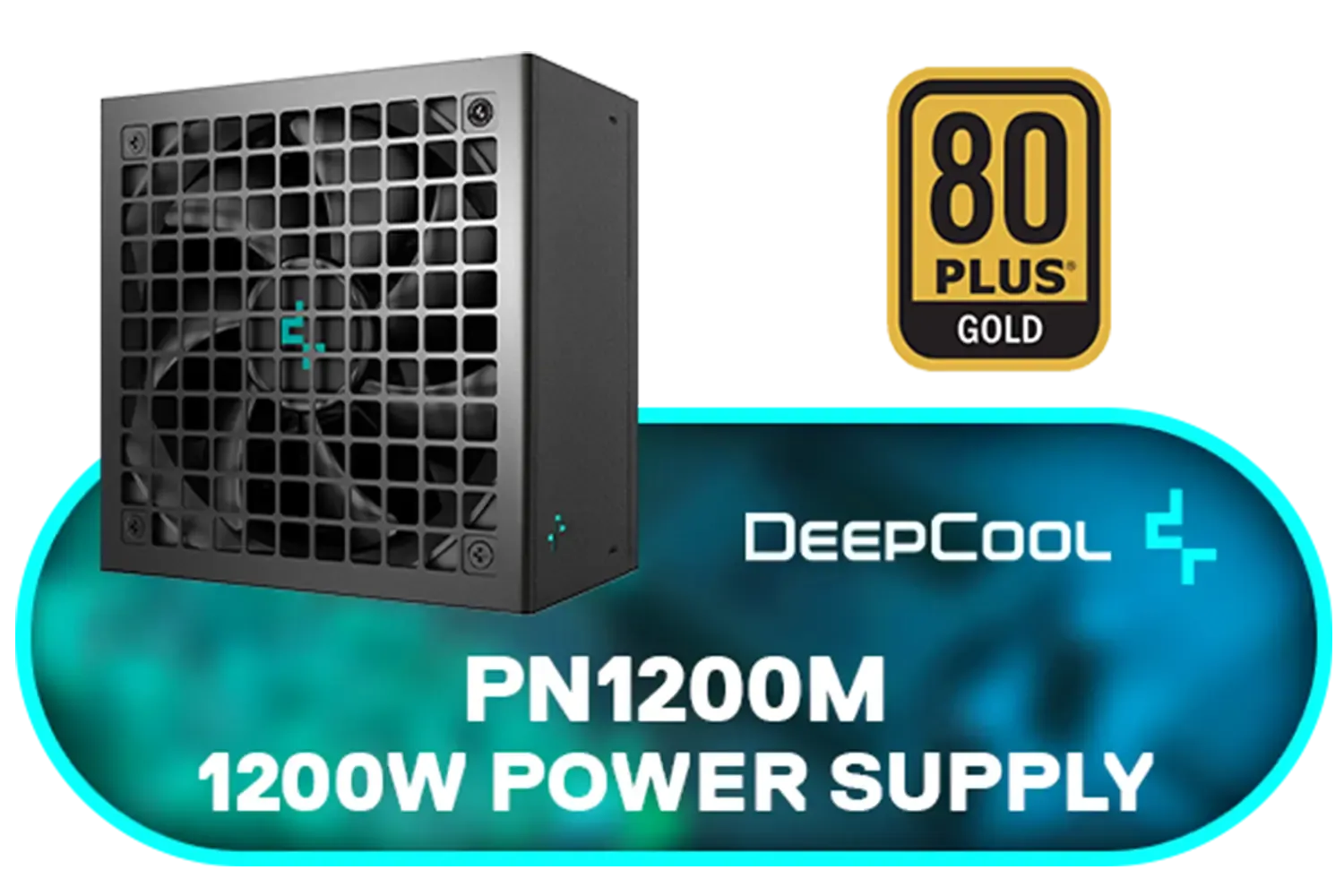

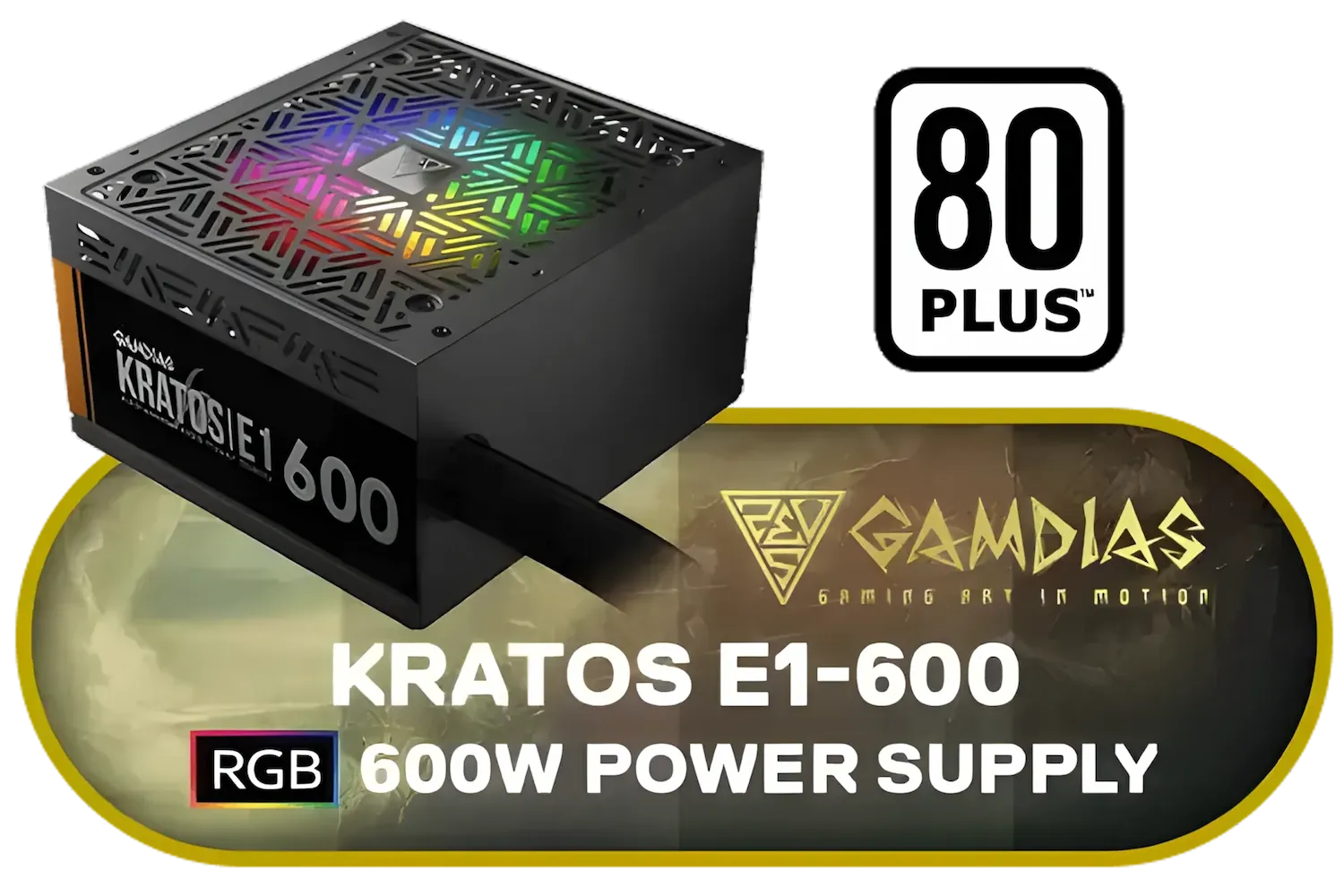

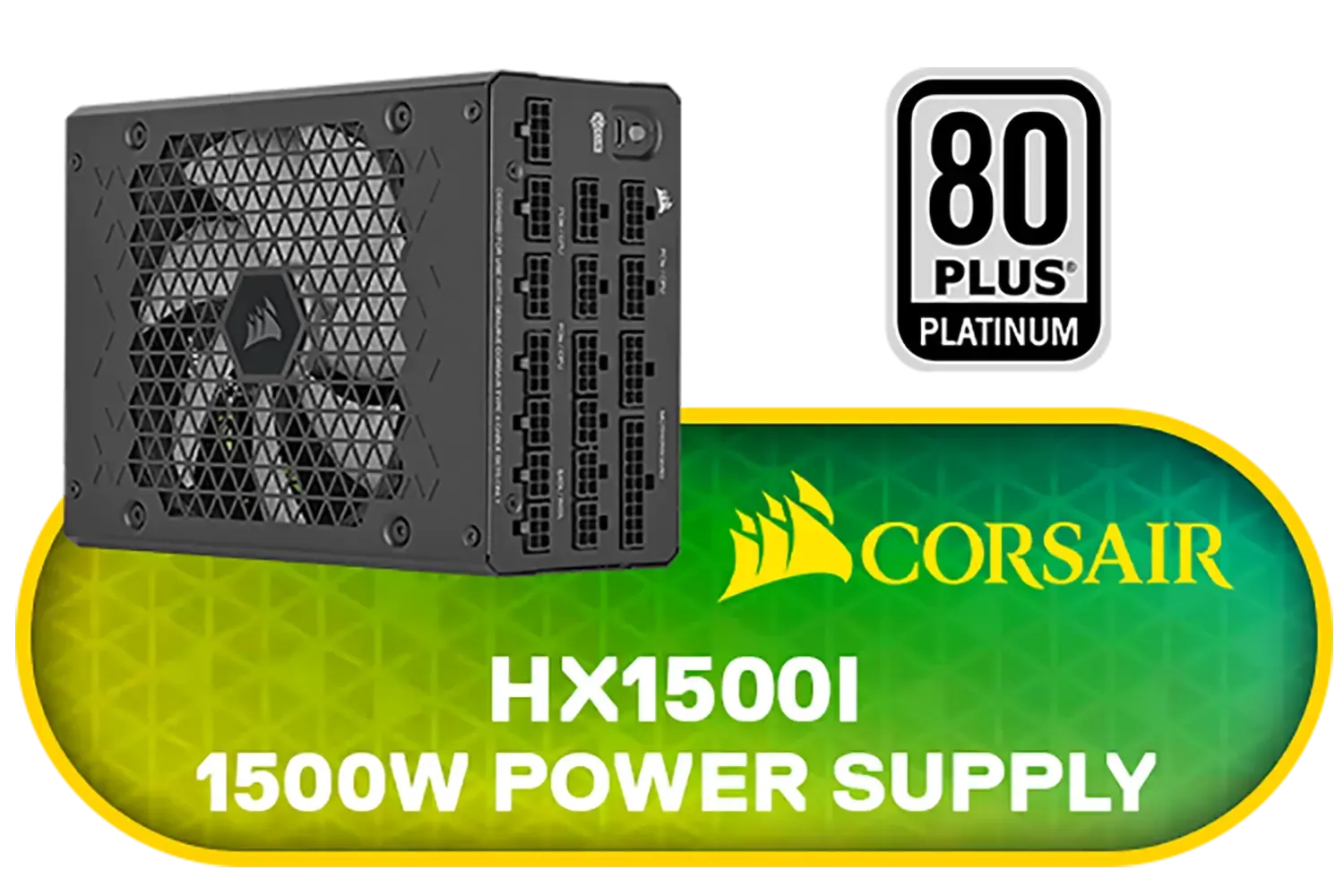
Before you buy, always check the manufacturer's official spec sheet or the Evetech product page for a list of included protections. Look for terms like OVP, OCP, OPP, SCP, OTP, and UVP. If a brand doesn't list them, it's often a red flag. A good PSU is proud of its safety features!
This is one of the most vital PSU protection features. If a fault causes a short circuit—like a stray screw touching the motherboard or a faulty component—SCP instantly cuts all power. Without it, a short could cause a cascade of failures, potentially melting components or even starting a fire. It’s an absolute must-have.
High-performance PCs generate a lot of heat, and your PSU is no exception. OTP uses an internal sensor to monitor the PSU's temperature. If it gets dangerously hot due to a fan failure or poor case airflow, it will shut the unit down to prevent it from cooking itself and the components around it. For power-hungry builds, a high-capacity model like the Antec CSK 1000 Pro ensures you have both the wattage and the thermal headroom you need.
It’s tempting to save a few hundred Rand on a generic power supply, but it's a massive risk. A cheap, uncertified PSU might claim a high wattage but often cuts corners on these essential internal safeguards. 🛡️
Always opt for a PSU from a reputable manufacturer with at least an 80 Plus Bronze rating. This certification doesn't just guarantee efficiency; it's also a strong indicator that the manufacturer has invested in quality components and implemented the full suite of PSU protection features. Respected brands like Corsair build their reputation on reliability, making them a safe bet for any build. A reliable PSU is the foundation of a stable and long-lasting gaming PC.


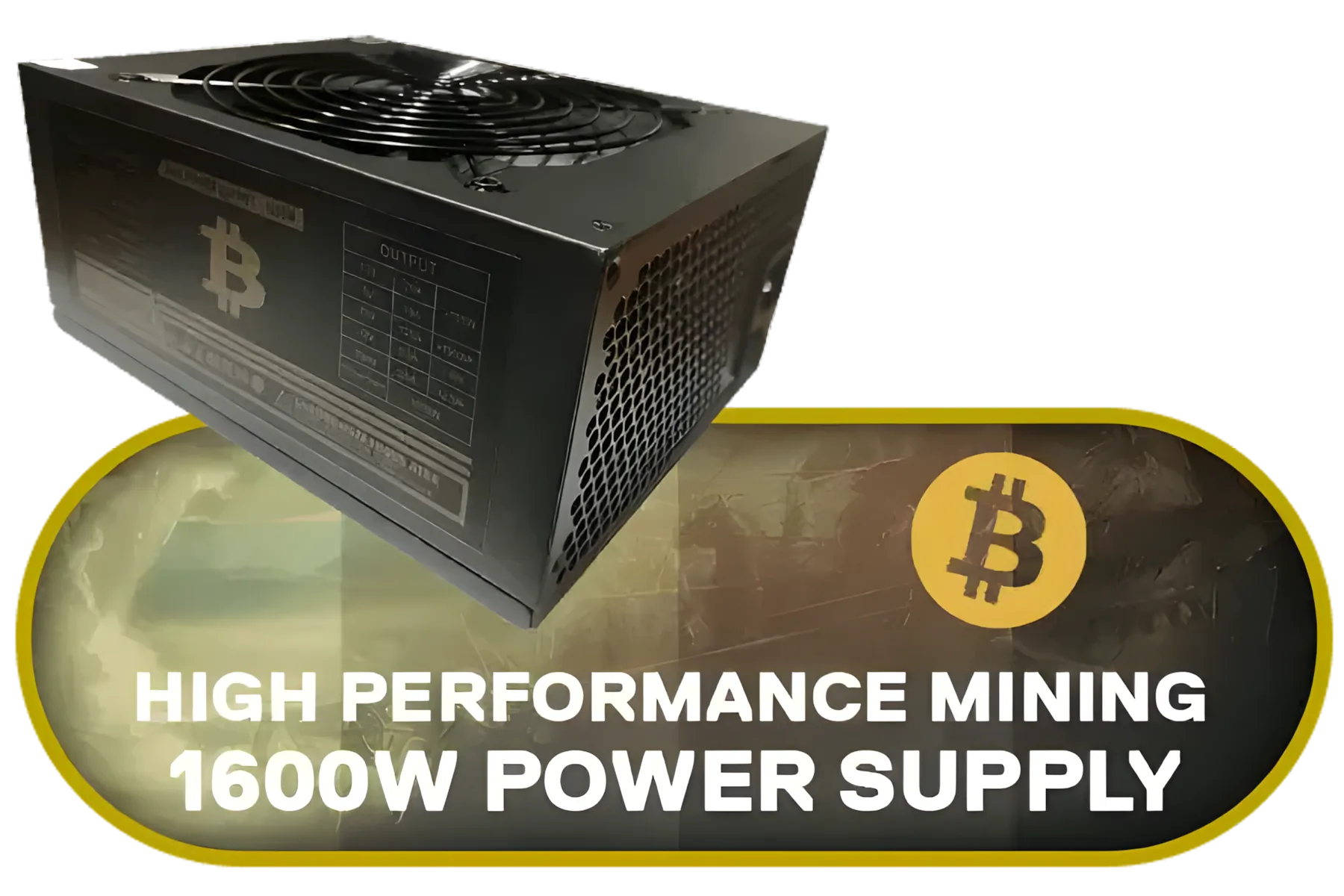


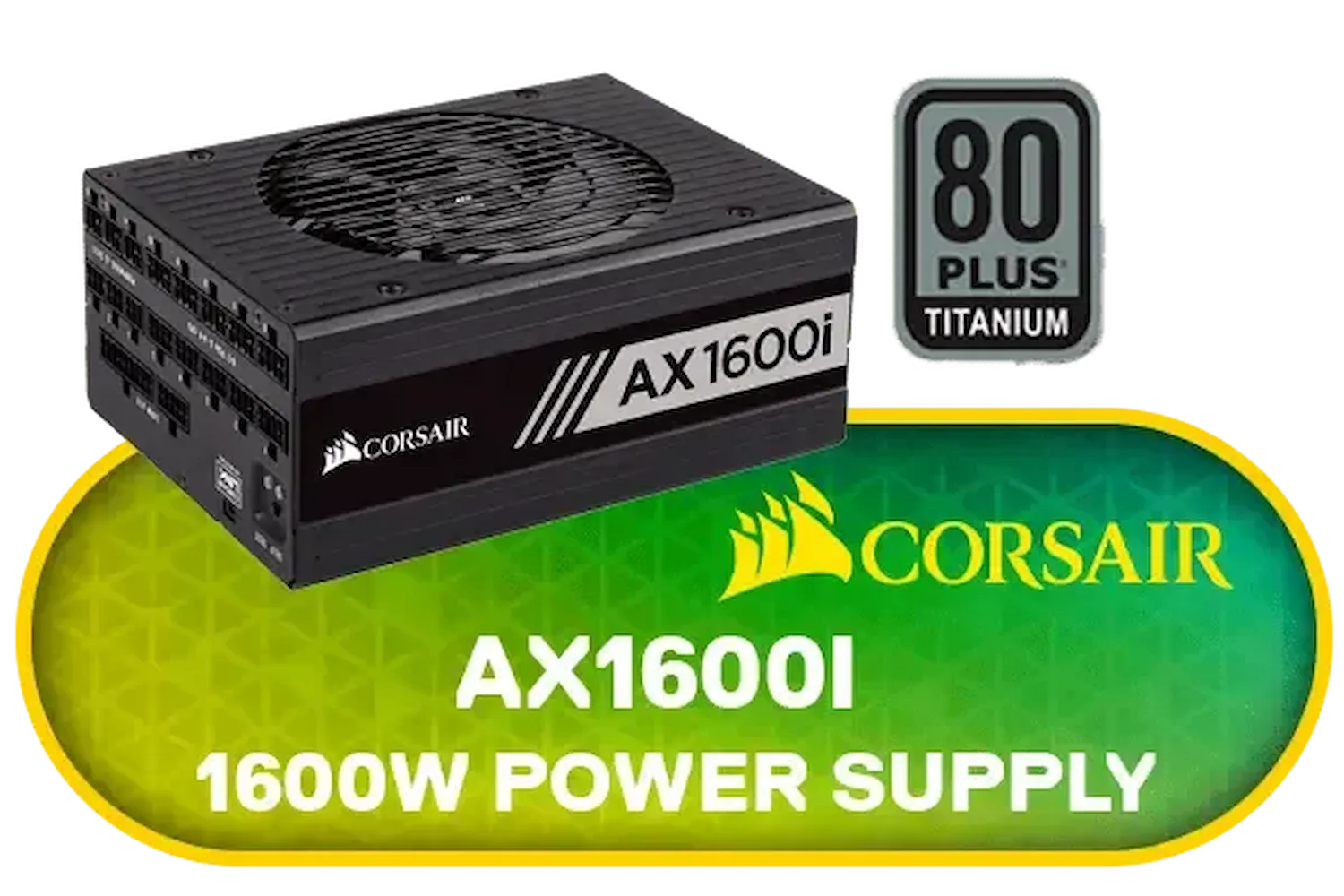
Ready to Power Up Your Build with Confidence? Choosing the right PSU is the first step to a stable, long-lasting rig. Don't leave your expensive components to chance. Browse our full range of certified Power Supply Units and find the perfect foundation for your PC.
PSU protection features are built-in safeguards like OVP, OCP, SCP and OTP that prevent voltage, current, short circuit and thermal damage to components. (psu safety features explained)
They stop power faults from frying parts, reduce fire risk, and improve system reliability — essential items on any psu protection checklist.
Prioritize OVP, OCP, UVP, SCP and OTP. These core protections cover over voltage protection psu, over current protection psu, and thermal protection psu scenarios.
Over voltage protection psu detects excessive voltage and shuts down output to prevent capacitor and component failure in your PC.
Yes. Proper psu protections for pc builders reduce the chance of irreversible motherboard, GPU or storage damage from power events.
Wattage alone doesn't equal safety. When choosing a safe psu, verify protection specs and quality certifications alongside capacity.
Check the spec sheet for OVP, OCP, SCP, OTP and certifications. Use an updated psu protection checklist and trusted reviews for validation.